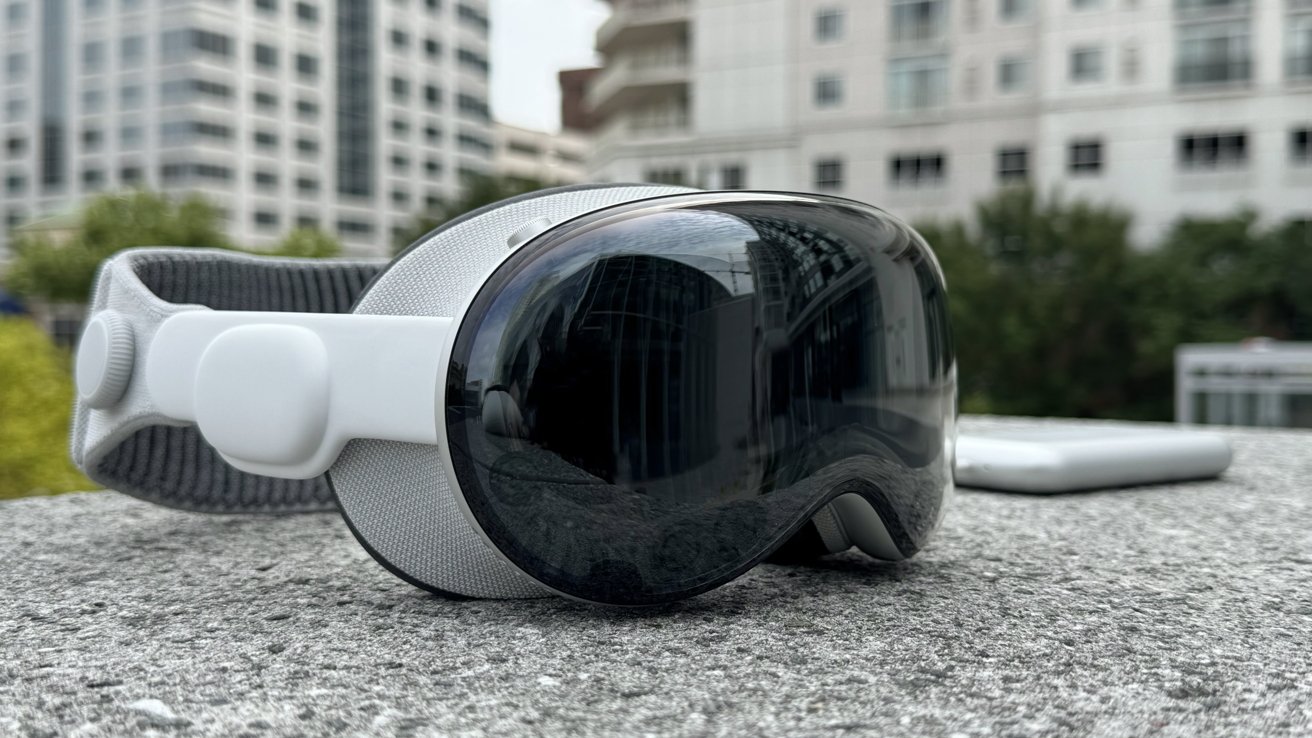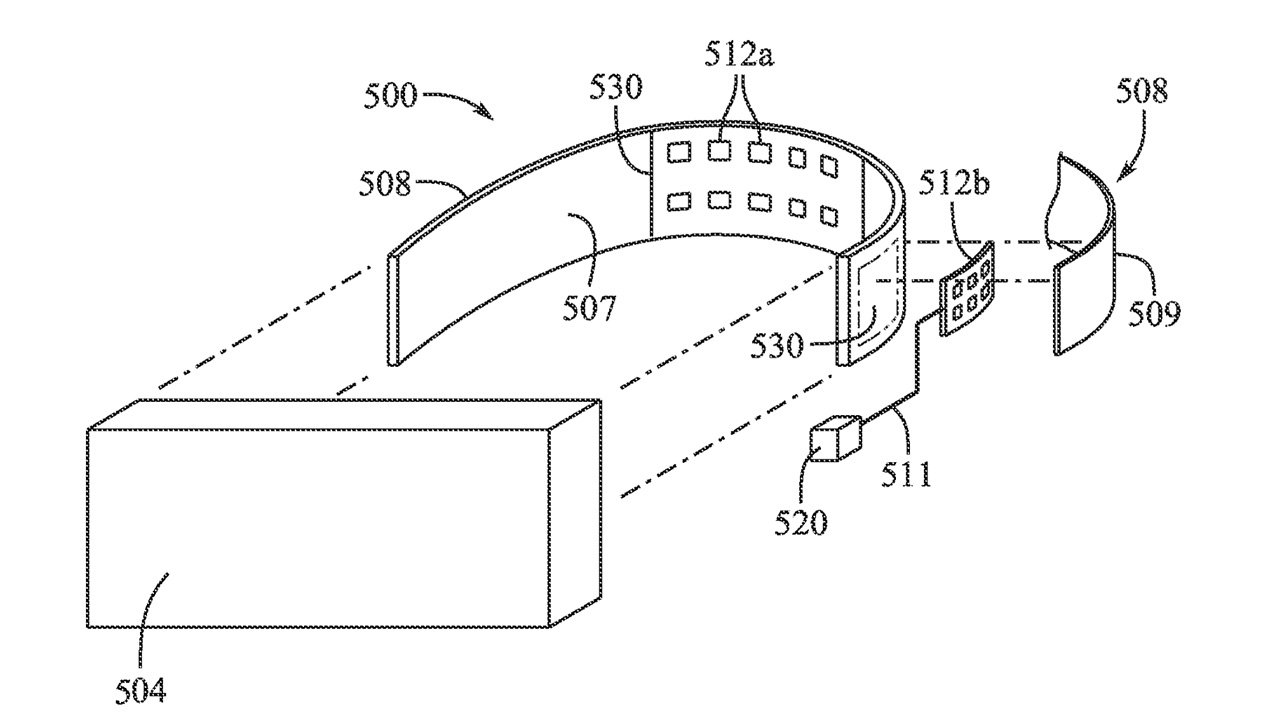New research may lead to brain-controlled Apple Vision Pro without surgery
A new study may ultimately help stroke sufferers, plus people with ALS, spinal cord injury, and more, be able to use Apple Vision Pro to help them communicate without needing invasive surgery first.

Apple Vision Pro may help people with brain or spinal injuries
Previous pilot programs have seen the Apple Vision Pro controlled by a brain/computer interface surgically implanted in a patient. But now Santa Barbara-based research firm Cognixion hopes to leverage Apple's existing accessibility features to give such control without invasive brain surgery.
"Apple has set a global standard by making accessibility integral to every device, and Apple Vision Pro extends that commitment to spatial computing," Andreas Forsland, CEO of Cognixion, said in a statement."By exploring how Cognixion's non-invasive BCI [brain/computer interface] technology and AI applications can work with Apple's accessibility features, we hope to unlock new levels of independence and connection for people living with ALS, spinal cord injuries, stroke, and traumatic brain injuries."
According to Cognixion, there are 14 million Americans with such conditions who are chronically disabled, and close to one million more are diagnosed as such each year. The research's aim is to help these individuals communicate and interact with family and friends in as natural a way as possible.
It would entail using the existing Gaze Tracking and Dwell Control on Apple Vision Pro. But it would be coupled to new technology from Cognixion that uses non-invasive techniques, instead of electrodes implanted in the user's brain.
Aims of the study
"This study is about understanding the patient experience-what happens when advanced accessibility features meet new neural input methods," said the company's Chris Ullrich. "Apple Vision Pro offers an intuitive user interface, and our goal is to leverage Cognixion's brain-sensing and AI technologies to better support millions of people affected by speech and mobility challenges."
Details of the new study can be found on the U.S. National Library of Medicine's clinical trials registry. People can apply to join the study by emailing [email protected], with"Cognixion-spatial computing study" as the subject.
The study has started. It is expected to run through April 2026.

Detail from an Apple patent researching other ways to use Apple Vision Pro sensors to help read brainwaves.
Apple does not appear to be involved in this study. However, it too has been investigating ways to use brainwave sensors within Apple Vision Pro, specifically to help with mental and physical health.
Read on AppleInsider

Comments